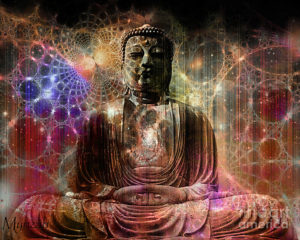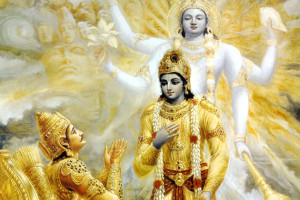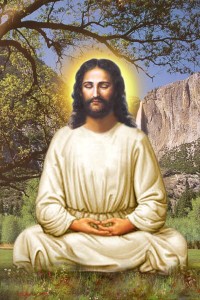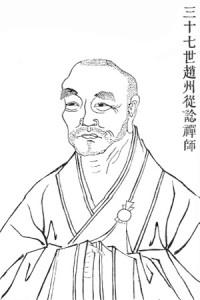“Do not think that I have come to abolish the Law or the Prophets; I have not come to abolish them, but to fulfill them. For truly I tell you, until heaven and earth disappear, not the smallest letter, not the least stroke of a pen, will by any means disappear from the Law until everything is accomplished.” – Matthew 5:17-18
Introduction
A religious historian once said that saying the word “Christianity” is like saying the word food. There are thousands of different kinds of foods, and no one assumes that the word “food” accurately describes the spectrum of possible things to eat, which is unimaginably diverse. In public discourse, we erroneously talk about Christianity as if it were one monolithic entity. I reality, as scholar of religions Reza Aslan likes to say, there are “Christianities.” For every religion is, by definition, merely an interpretation of texts; so many interpretations, so many sects. Yet Jesus himself belongs to no religion or denomination, but is part of humanity’s universal library. Anyone is free to approach his sayings with an open mind, and to develop his/her own understanding of their spiritual meaning.
I grew up in the Bible Belt, and as I reached the age of reason, I developed a strong distaste for the intolerant and often ludicrous forms of Christianity I had thus far witnessed in life. I “threw out the baby with the bathwater,” and didn’t want anything more to do with Jesus’ teachings. It was only later in life, ironically while living at a Zen monastery, that I re-explored the teachings of Jesus, and found in them a treasure trove of wisdom, the ingenious mystical expressions of an awakened spiritual master.
When I re-read the gospels with a mind cleared of my anti-Christian bias, Jesus often sounded more like a Zen master than the founder a dogmatic religion, and I noticed that many of his teachings were nearly identical to similar ones found in Buddhism, and other of humanity’s great religious traditions. To see the universality of these recurring themes in multiple religious systems is important not only for Christians, but for anyone who ascribes to a particular faith. For, to me, religions are paths to God that do not exist in mutual exclusion to one another. It is my belief that humanity’s great religions will be doomed to extinction unless they learn to adopt this more universal, inclusive standpoint. If they do not, they will be drowned in the tide of globalism that the human race is on an inevitable collision course with, and will remain stuck in a tribal ethos that is merely an unfortunate vestige of our blood stained past.
To me, the mystical statements of Jesus undeniably reveal the mind state of an awakened person. When Jesus utters ridiculous and (in their historical context) blasphemous statements like, “I and the Father are One,” and “The kingdom of God is within you,” he is expressing his direct experience of God-Consciousness, or Enlightenment. Just as it would be ridiculous to worship a Zen master as a god for saying, “I myself am the Buddha,” it is ridiculous to worship Jesus the human being for saying, “I myself am one with God.” Both are merely expressing universal mystical experiences in different spiritual languages. The day will come when the majority of Christians will realize that their own Christ-Consciousness is the source of Jesus’ mysterious teachings, and will realize in astonishment that they themselves are one with God, just as he was.
Continue reading →

 The giant Buddha statue in Varanasi, India, commemorating the spot where the Buddha first revealed the 4 Noble Truths to humanity. I was there is 2015.
The giant Buddha statue in Varanasi, India, commemorating the spot where the Buddha first revealed the 4 Noble Truths to humanity. I was there is 2015.
 – Krishna was an earhtly prince who did many practical things to help the people of his time, but was always established in Self-Realization through yoga meditation.
– Krishna was an earhtly prince who did many practical things to help the people of his time, but was always established in Self-Realization through yoga meditation. – Krishna revealing to Arjuna the timeless Way of the Yogis.
– Krishna revealing to Arjuna the timeless Way of the Yogis.
